Indigenous Governance Database
Joseph P. Kalt
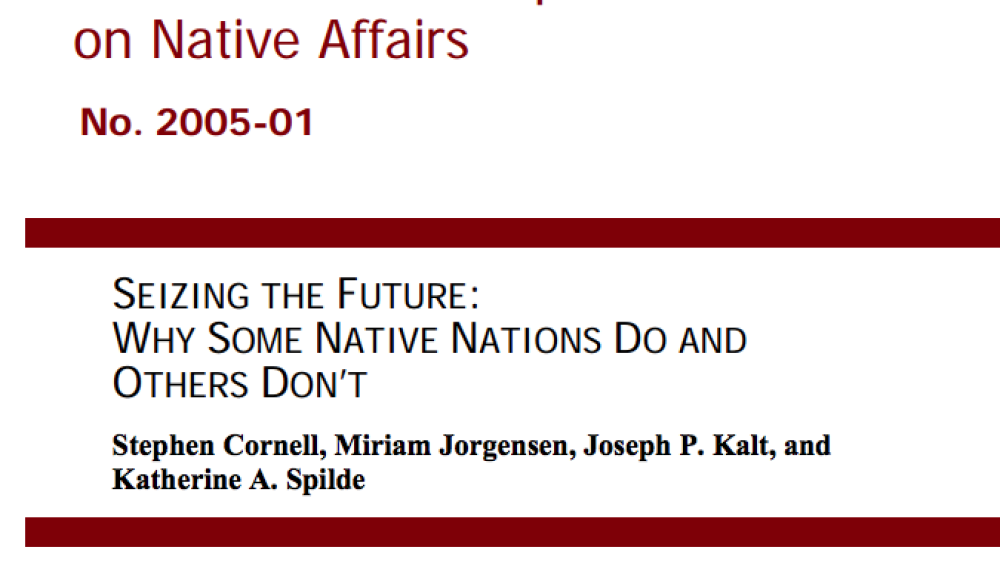
Seizing the Future: Why Some Native Nations Do and Others Don't
Both research and the experience among Native nations daily drive home the conclusion that the so-called "nation-building" approach holds the keys to self-determined social, political, and economic development for indigenous communities. This approach emphasizes the critical role of asserting…
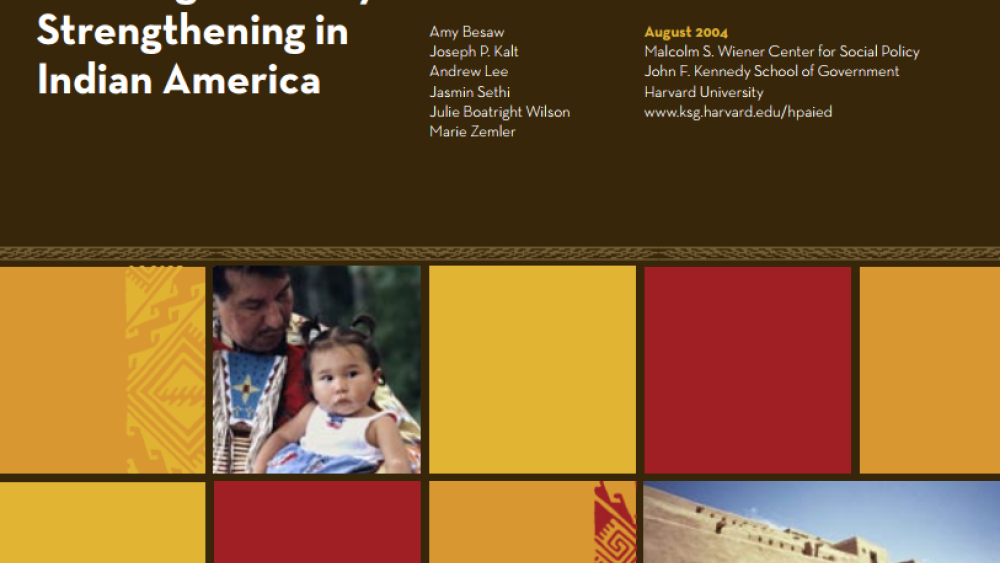
The Context and Meaning of Family Strengthening in Indian America
This report presents five specific, field-based case studies of successful efforts to support the well-being of Native American children. These successful programs were conceived of, implemented by, and generally funded by Tribal communities. These programs include the Ya Ne Day ah School in…
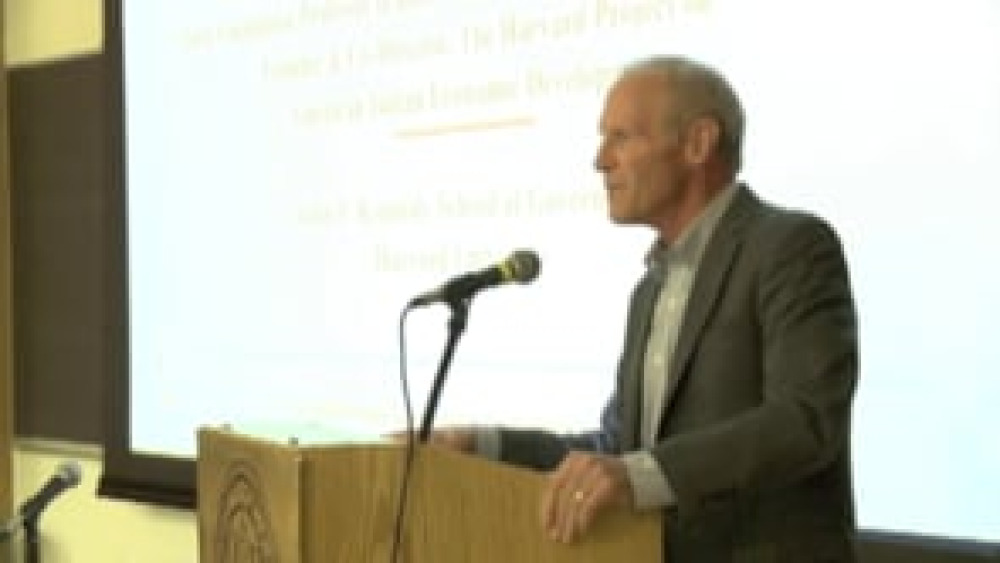
Good Native Governance: Lunchtime Keynote Address
UCLA School of Law "Good Native Governance" conference lunchtime keynote speaker, Joseph P. Kalt discusses research in the areas of good Native governance. This video resource is featured on the Indigenous Governance Database with the permission of the UCLA American Indian Studies…
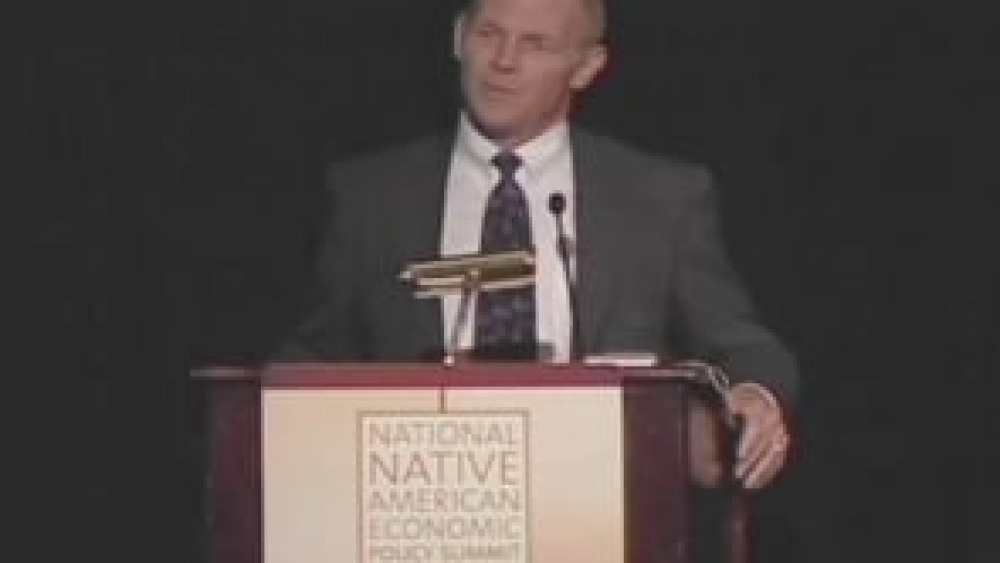
National Native American Economic Policy Summit: Joseph P. Kalt: Lessons from Indian Country
The National Native American Economic Policy Summit was held in Phoenix, Arizona, May 15-17, 2007, with more than 500 key stakeholders gathering to discuss the challenges to growing healthy, vibrant Native economies. In addition to identifying challenges, participants were asked to …

From the Rebuilding Native Nations Course Series: "Leaders Are Educators"
Native leaders and scholars stress that for Native nation leaders to be effective at advancing their nation's priorities, they need to do more than just make decisions -- they need to educate and consult the citizens they serve.
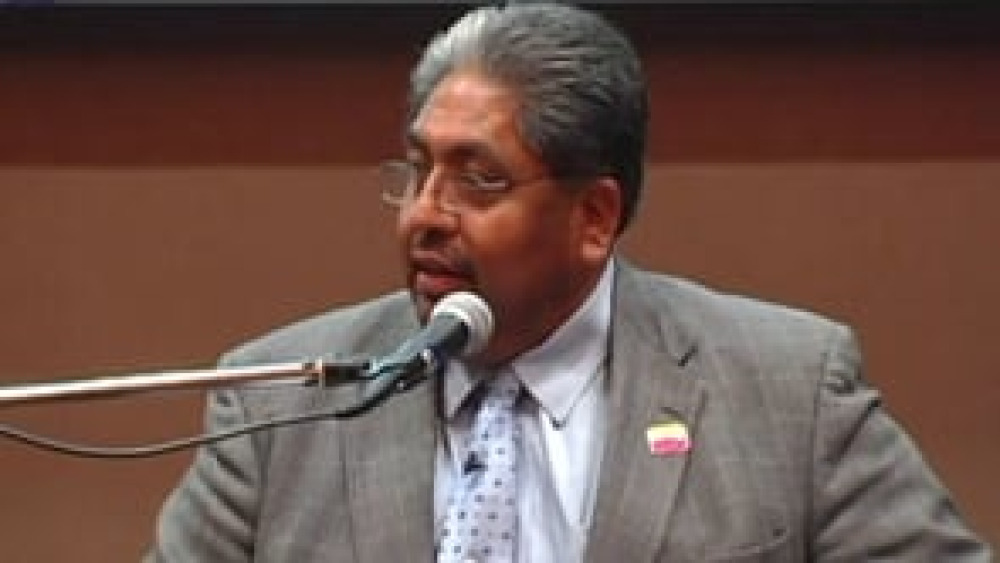
From the Rebuilding Native Nations Course Series: "The Challenges of Leadership"
Native leaders and scholars discuss some of the many formidable challenges facing leaders of Native nations, from the incredible demands on their time to the vast array of things they need to know and learn.
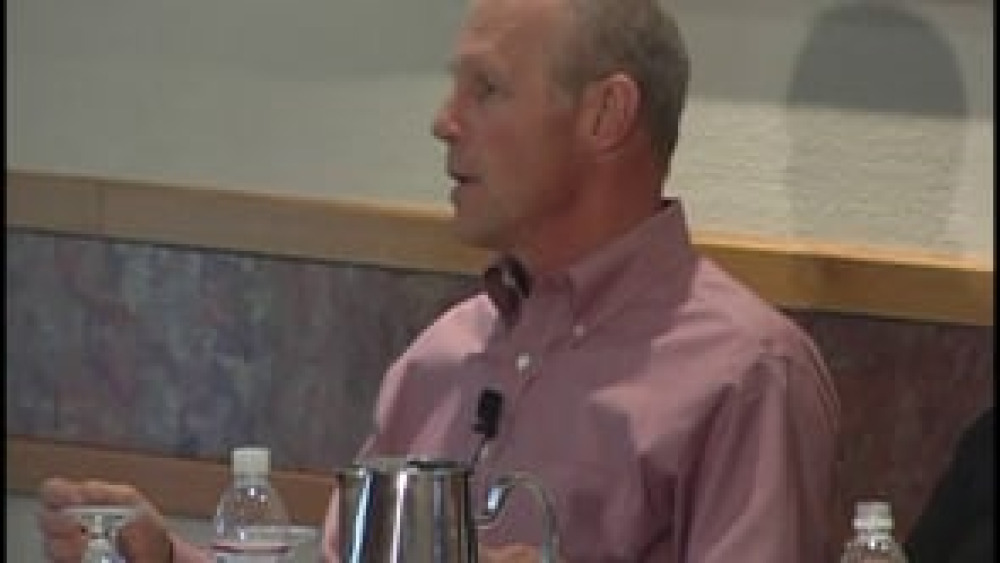
Joseph P. Kalt: The Practical Issues of Business Development - Some Things to Consider: Legal Structure
Harvard Project on American Indian Economic Development Co-Director Joseph P. Kalt discusses the types of corporations that Native nations can charter and what they should consider when deciding which type to choose.
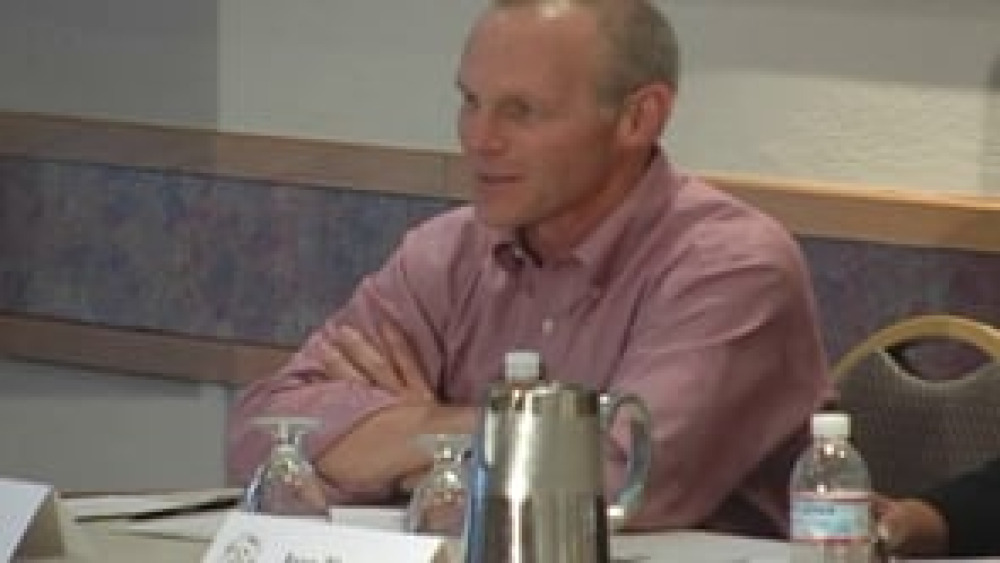
Joseph P. Kalt: The Practical Issues of Business Development - Some Things to Consider: Dealing with Growth
Harvard Project on American Indian Economic Development Co-Director Joseph P. Kalt offers some points that Native nations should consider as they work to manage the growth of their nation-owned enterprises.
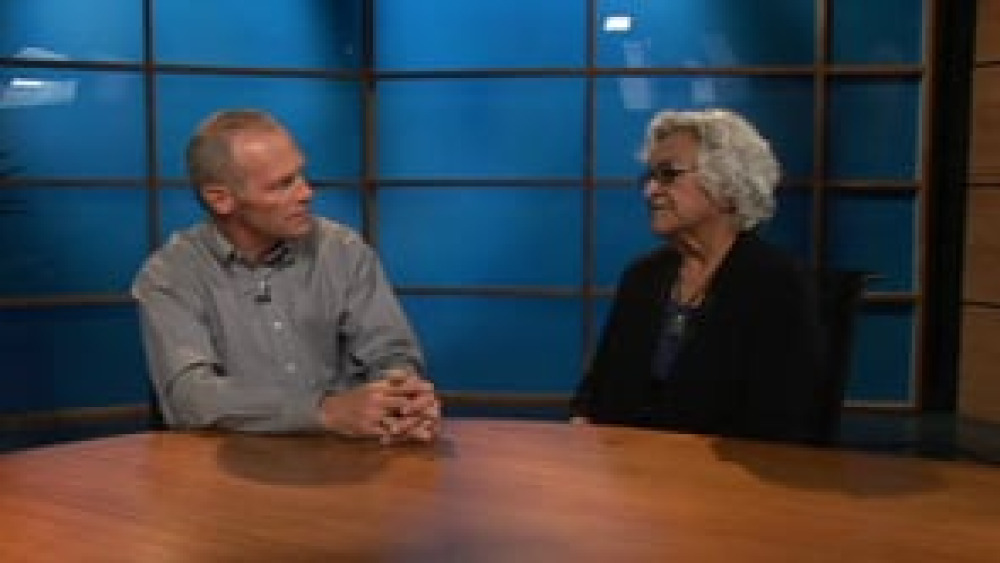
Frances Stout: Archie Hendricks, Sr. Skilled Nursing Facility and Tohono O'odham Hospice
In this interview with the Harvard Project on American Indian Economic Development's Joseph P. Kalt, Frances Stout of the Tohono O'odham Nursing Care Authority discusses what led the Tohono O'odham Nation to establish the Archie Hendricks, Sr. Skilled Nursing Facility and Tohono O'odham…
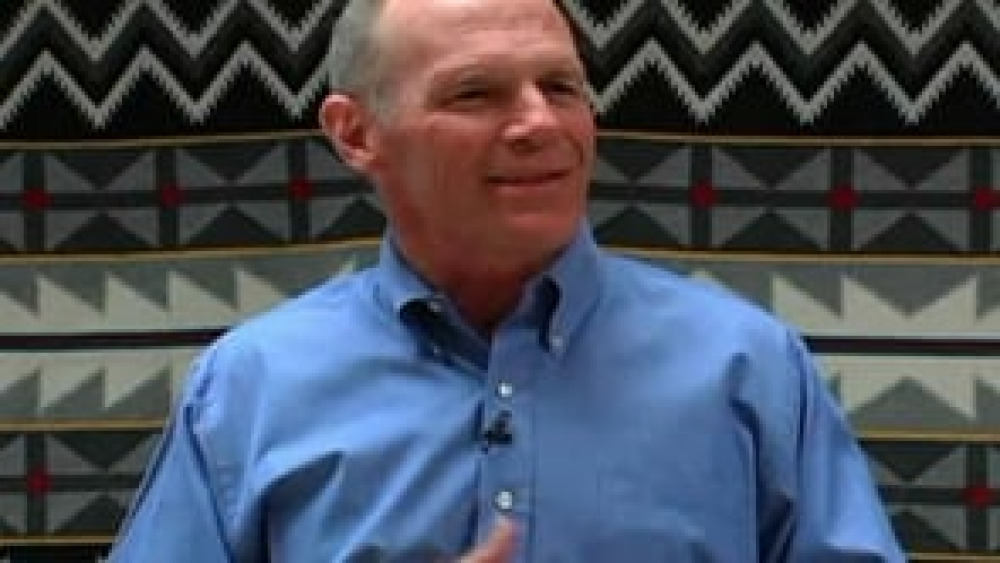
From the Rebuilding Native Nations Course Series: "The Citizen Potawatomi Nation's Path to Self-Determination"
Professor Joseph P. Kalt describes the dramatic rebirth of the Citizen Potawatomi Nation, citing its development of capable governance as the key to its economic development success.

From the Rebuilding Native Nations Course Series: "What Do We Mean When We Say 'Constitutions'?"
Harvard Project on American Indian Economic Development Co-Director Joseph P. Kalt provides a definition of 'constitutions' in the context of nation building.

From the Rebuilding Native Nations Course Series: "Rules are More Important than Resources to Enterprise Success"
Professor Joseph Kalt discusses the importance of sound laws, codes, policies and other rules to the building of diversified, sustainable economies in Indian Country and everywhere else around the world.
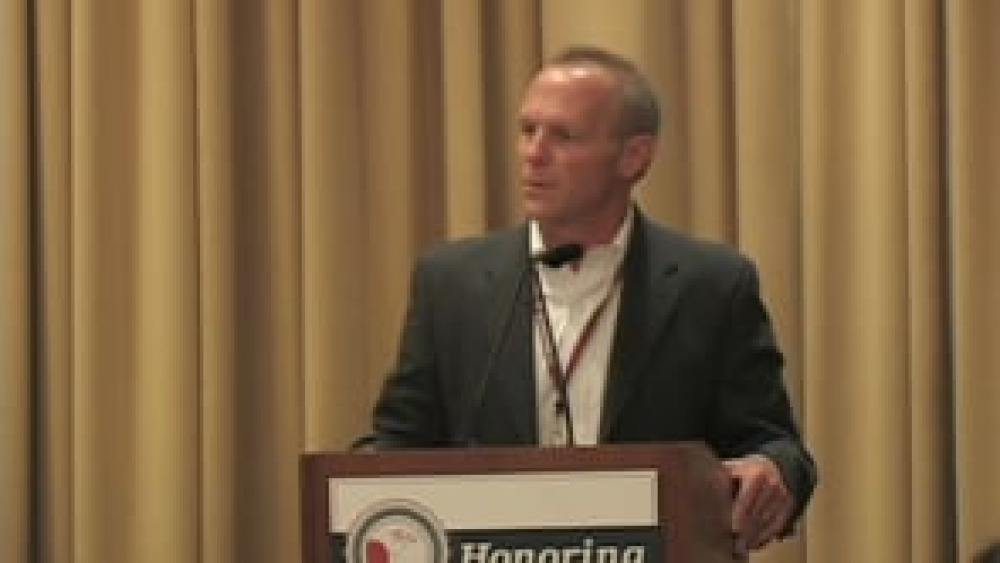
Honoring Nations: Joseph P. Kalt: A New Era of Governmental Relations
Harvard Project on American Indian Economic Development Co-Director Joseph Kalt stresses that the only policy that has ever created and sustained community and economic development in Native communities is self-determination. He also introduces Jodi Gillette, Senior Policy Advisor for Native…
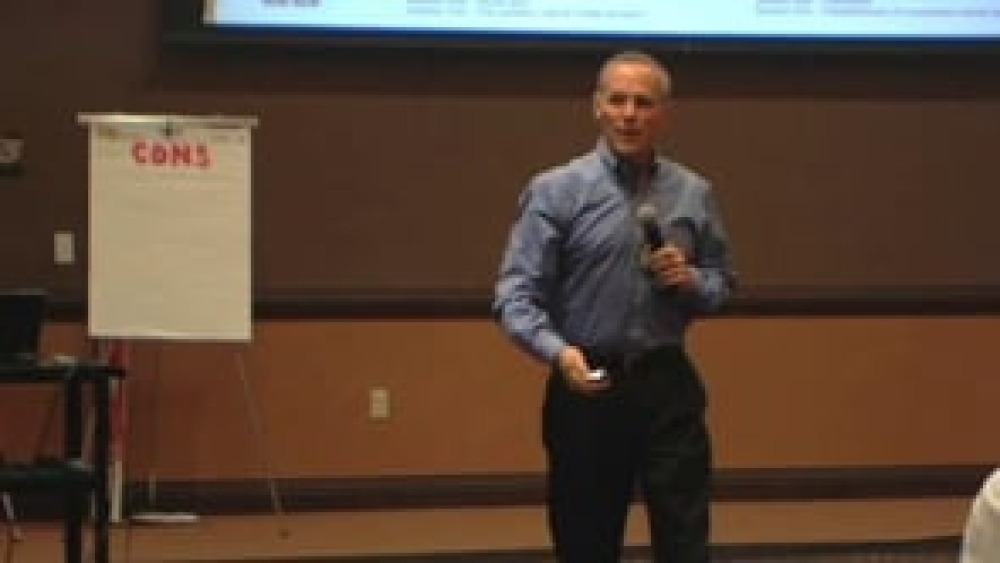
Joseph P. Kalt: Sovereignty: Your Best Tool for Development
Harvard Project on American Indian Economic Development Co-Director Joseph Kalt share some innovative ways that Native nations have exercised their sovereignty in order to foster sustainable economic and community development.
Honoring Nations: Joseph P. Kalt: Rebuilding Healthy Nations
Harvard Project Co-Director Joseph P. Kalt provides a general overview of the Honoring Nations program and illustrates how people all over the world are learning from the nation-building examples set and the lessons offered by Native nations in the United States.
Joan Timeche and Joseph P. Kalt: The Process of Constitutional Reform: Key Issues and Cases to Consider
Joan Timeche and Joseph P. Kalt share two stories of constitutional reform processes undertaken by Native nations and discuss what factors spurred or impeded the ultimate success of those efforts.
NNI Forum: Tribal Sovereign Immunity
Tribal sovereign immunity has far-reaching implications, impacting a wide range of critical governance issues from the protection and exertion of legal jurisdiction to the creation of a business environment that can stimulate and sustain economic development. Native Nations Institute (NNI) Radio…
Joseph P. Kalt: Sovereign Immunity: Walking the Walk of a Sovereign Nation
Harvard Project on American Indian Economic Development Co-Director Joseph Kalt discusses what sovereign immunity is and what it means to waive it, and share some smart strategies that real governments and nations use to waive sovereign immunity for the purposes of facilitating community and…
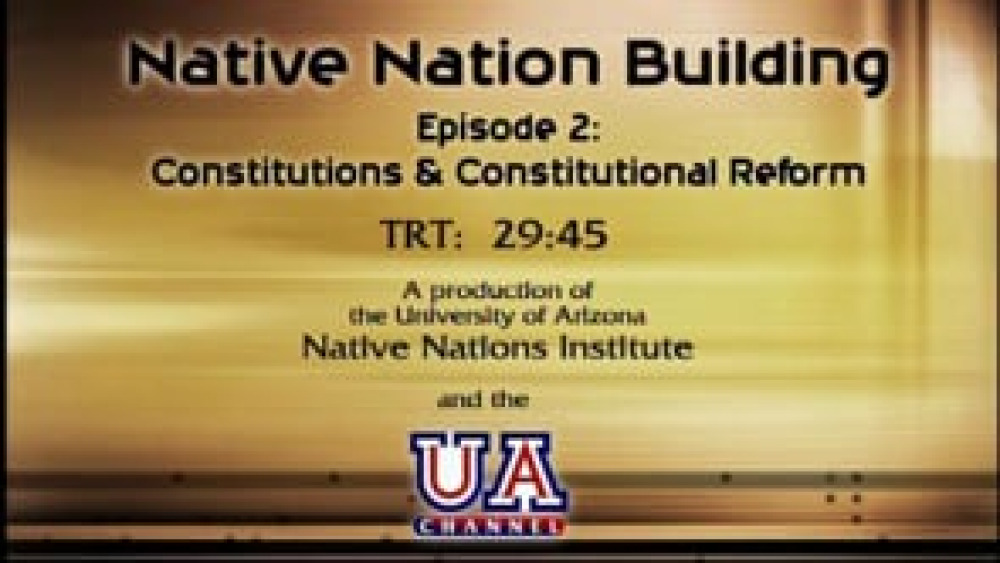
Native Nation Building TV: "Constitutions and Constitutional Reform"
Guests Joseph P. Kalt and Sophie Pierre explore the evidence that strong Native nations require strong foundations, which necessarily require the development of effective, internally created constitutions (whether written or unwritten). It examines the impacts a constitution has on the people it…

Key to Indian Development: Self-Government
Beginning late in the last century, the economies of Indian nations in the United States began recording a remarkable turnaround. Since the early 1990s, per capita income on Native American reservations has grown three times faster than have incomes in the nation as a whole. American Indians are…
Pagination
- First page
- …
- 1
- 2
- 3
- …
- Last page
